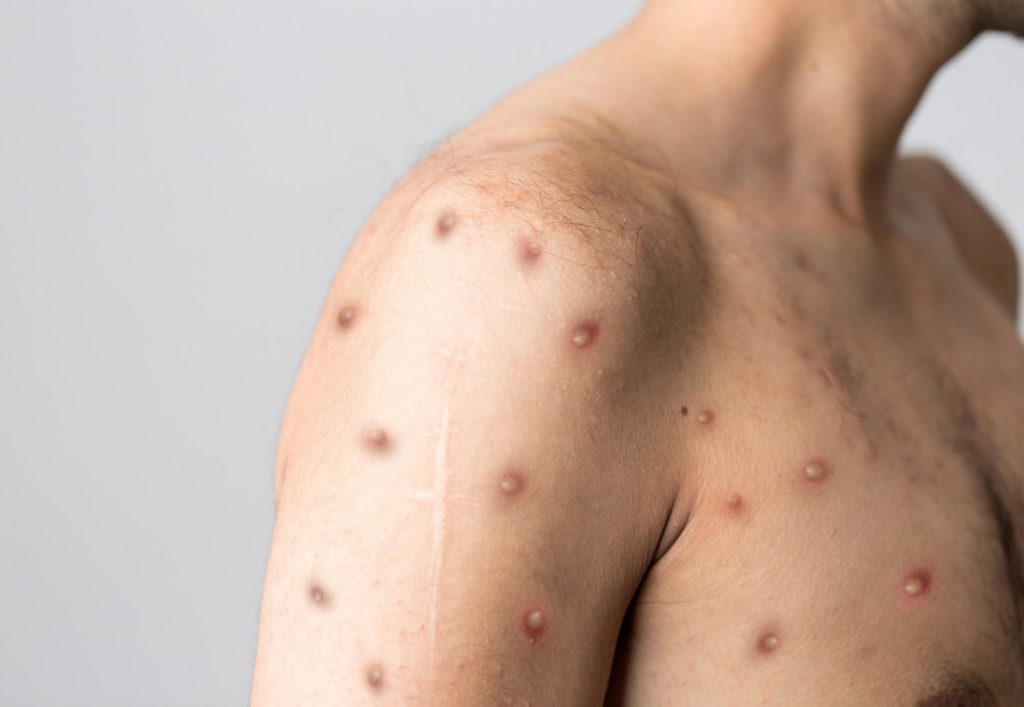The spread of mpox in Africa has slowed marginally, but the epidemic remains a serious concern, according to the Africa Centres for Disease Control and Prevention (Africa CDC). Over the past month, 15 countries recorded 11,453 new cases, a slight decrease from the previous four-week count of 12,802 cases, Africa CDC reported in an online briefing.
Jean Kaseya, head of the Africa CDC, cautioned that despite this decline, the situation remains critical. “We are still in the acute phase of the outbreak that is pushing us to double our effort to control mpox in Africa,” Kaseya said, adding, “Unfortunately we are still losing a number of people.”
Since January, Africa has reported 50,840 mpox cases and 1,083 deaths, with the majority of infections and fatalities occurring in Central Africa. The Democratic Republic of Congo (DRC) has been hit hardest, reporting over 39,000 cases and 1,000 deaths.

Last month, the DRC began a limited vaccination campaign, with 51,649 people vaccinated across six provinces, according to the CDC.
To support the most affected regions, health agencies have allocated nearly 900,000 vaccine doses for nine African countries, including DRC, Kenya, and Uganda. The DRC, as the most impacted nation, will receive 85 percent of these vaccines.
Mpox, formerly known as monkeypox, can be transmitted from animals to humans or through close human contact, causing fever, muscular pain, and severe skin lesions. The virus can be fatal, especially in areas lacking access to adequate healthcare.


